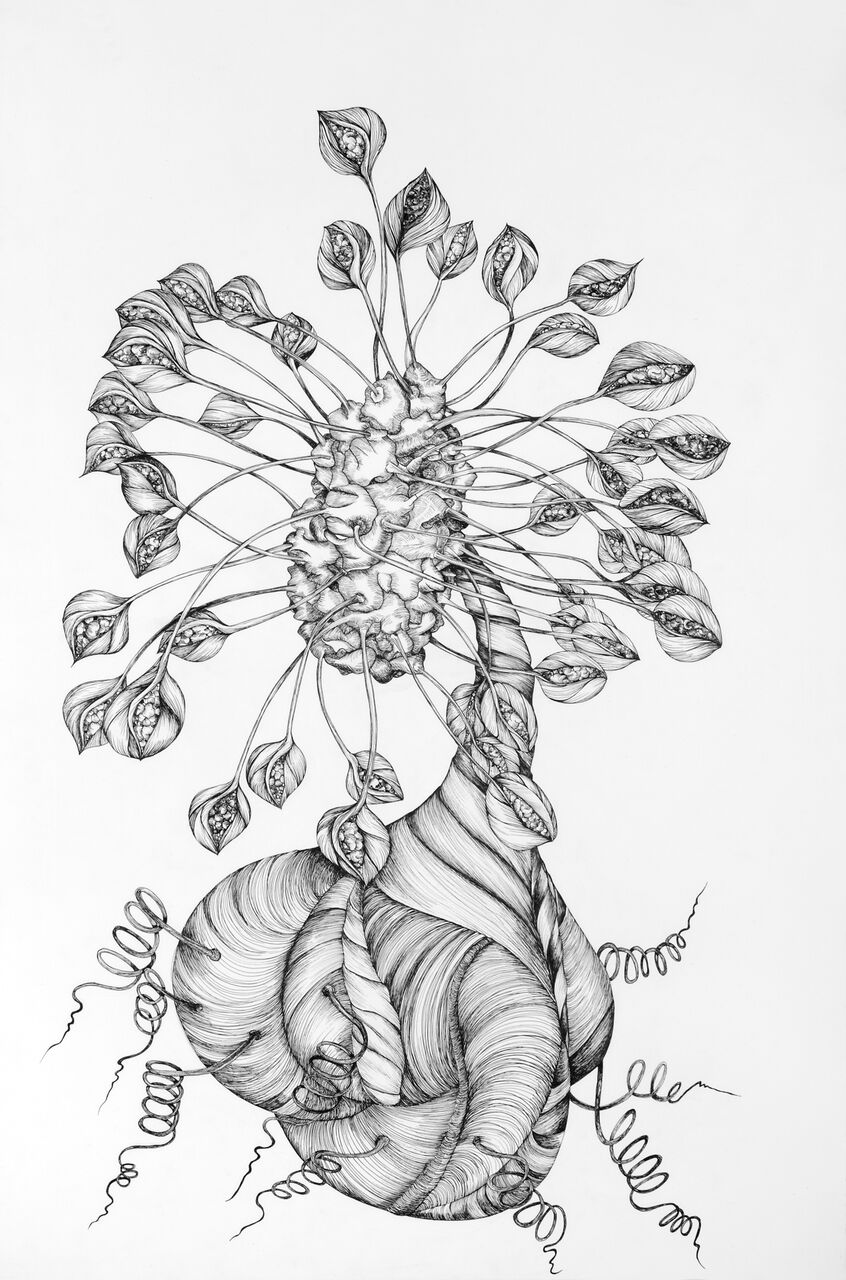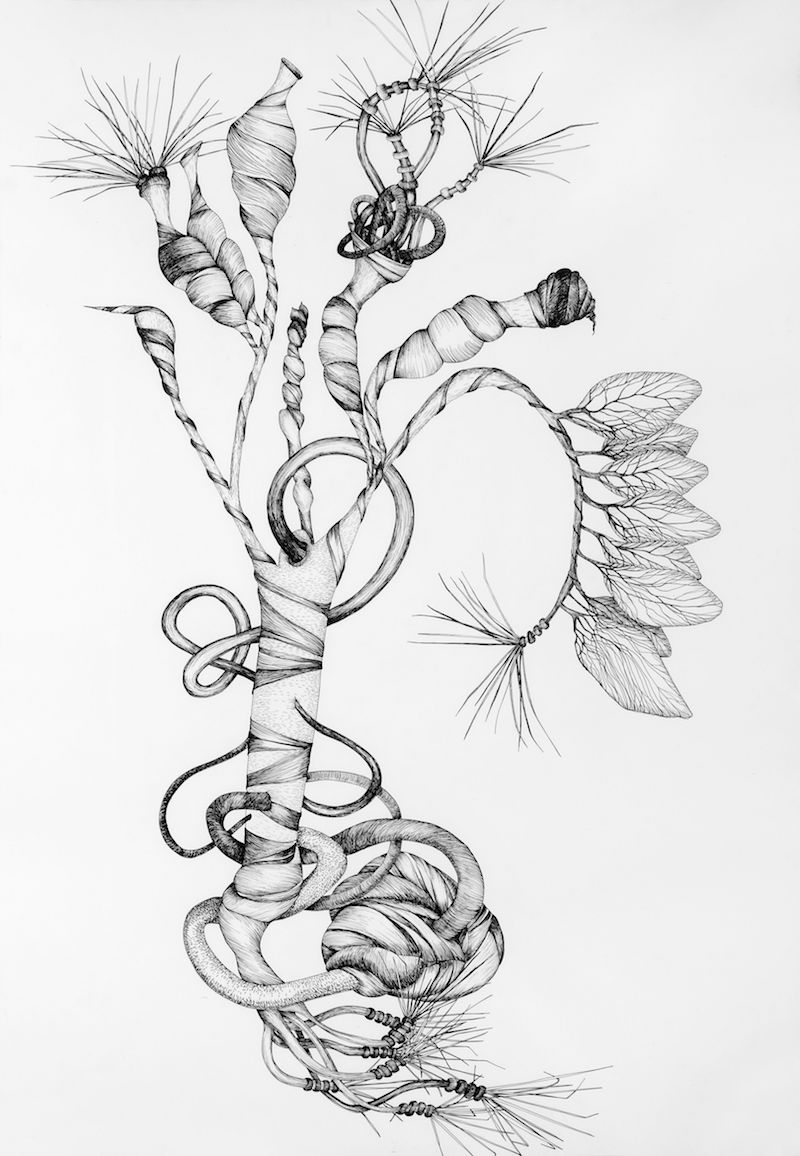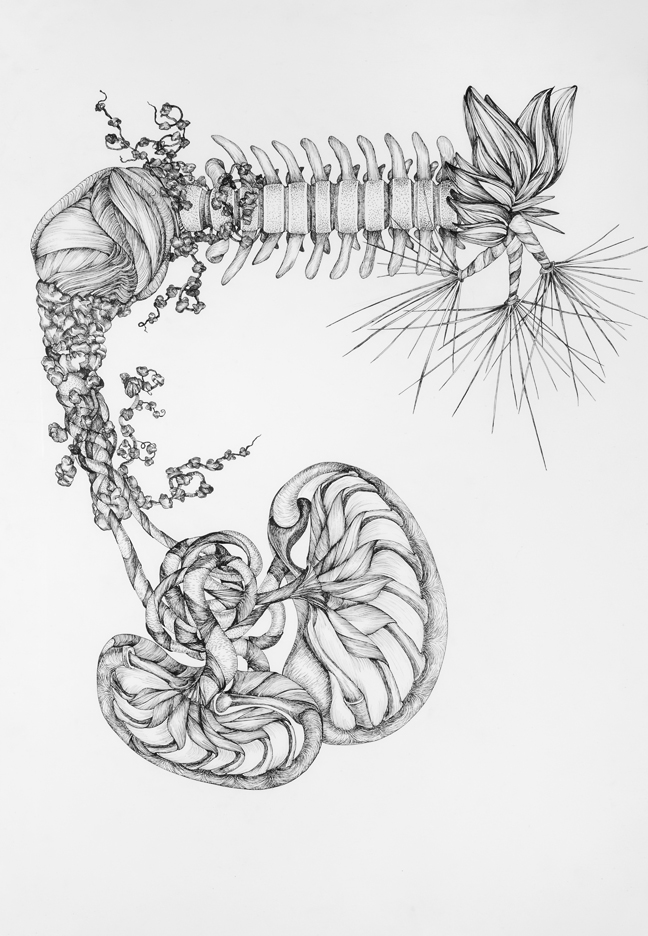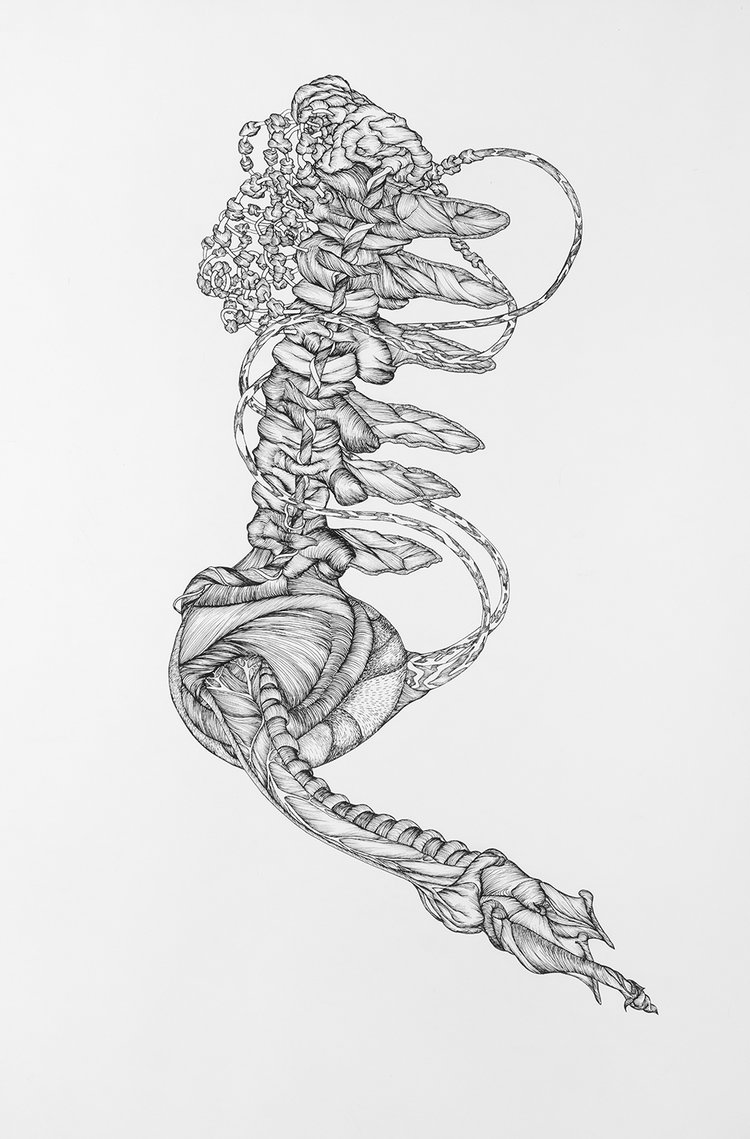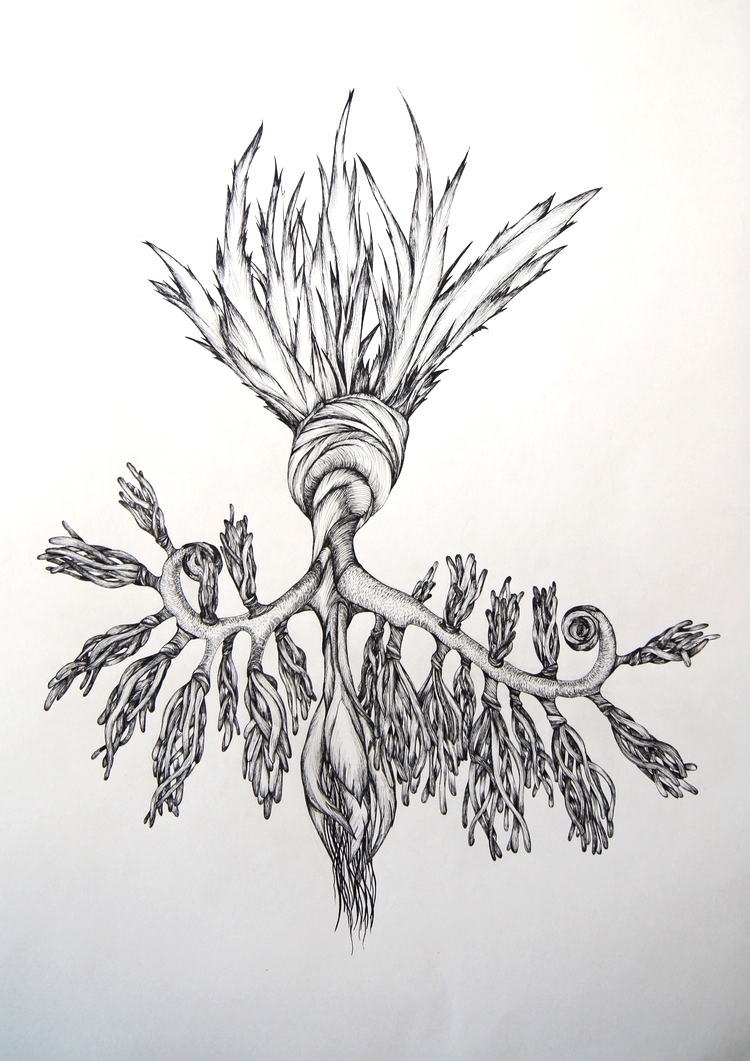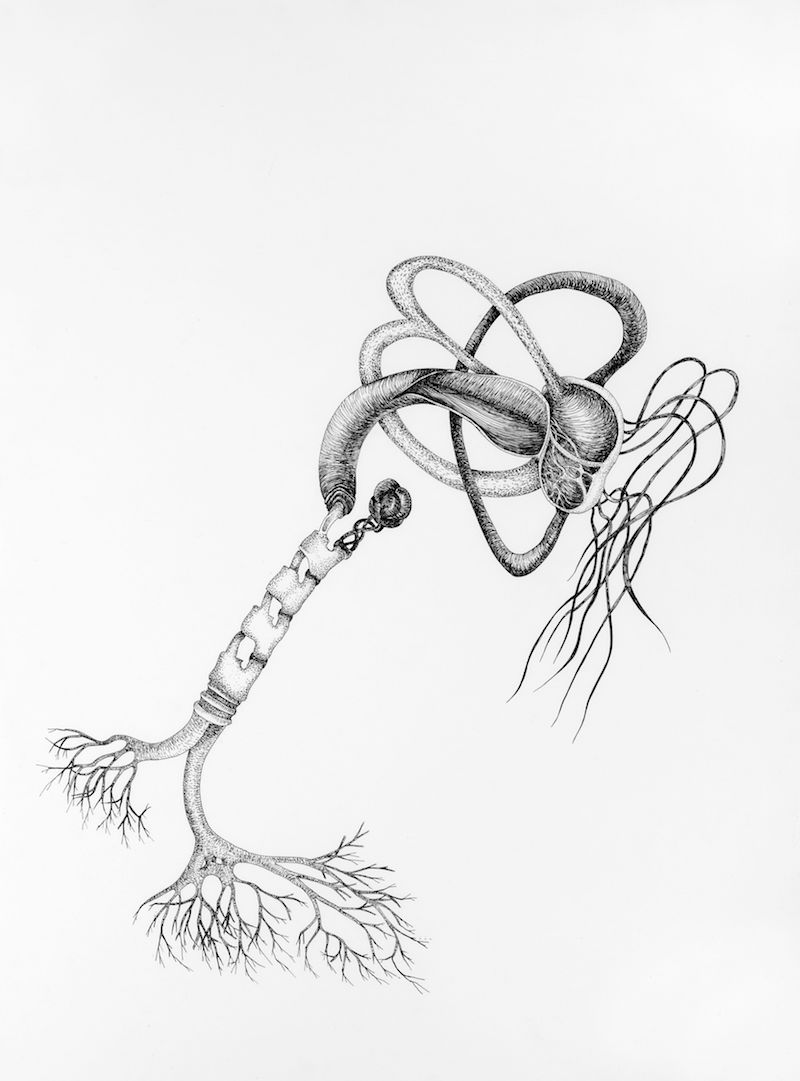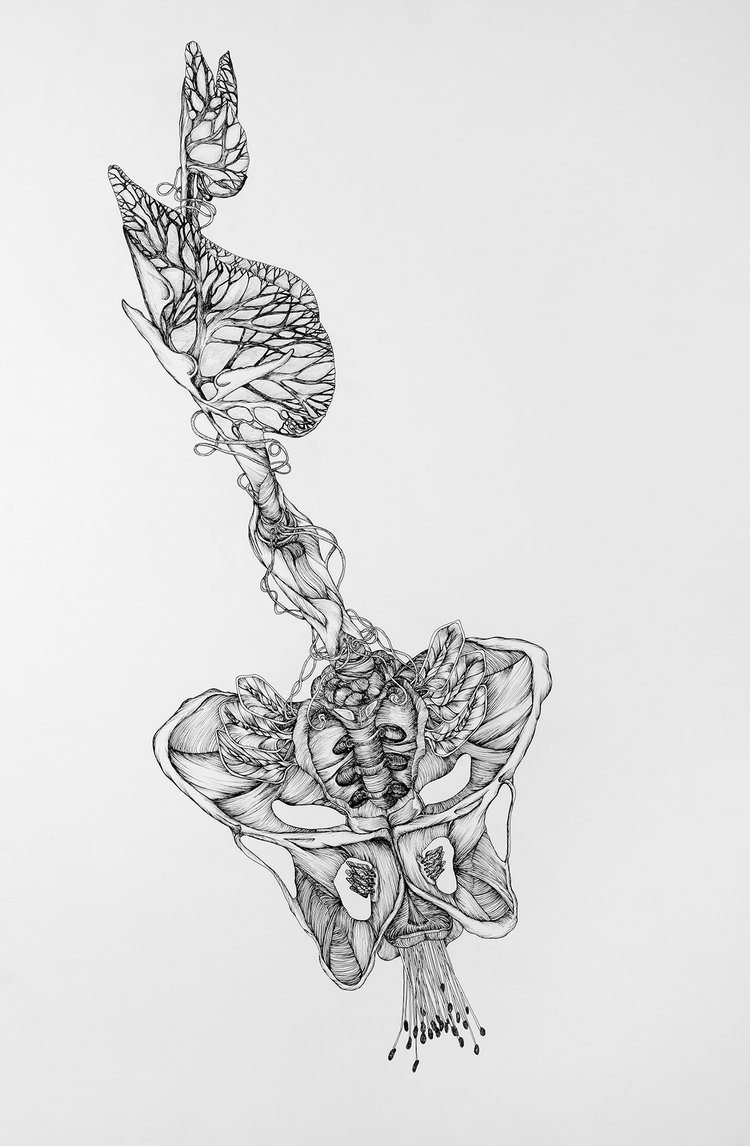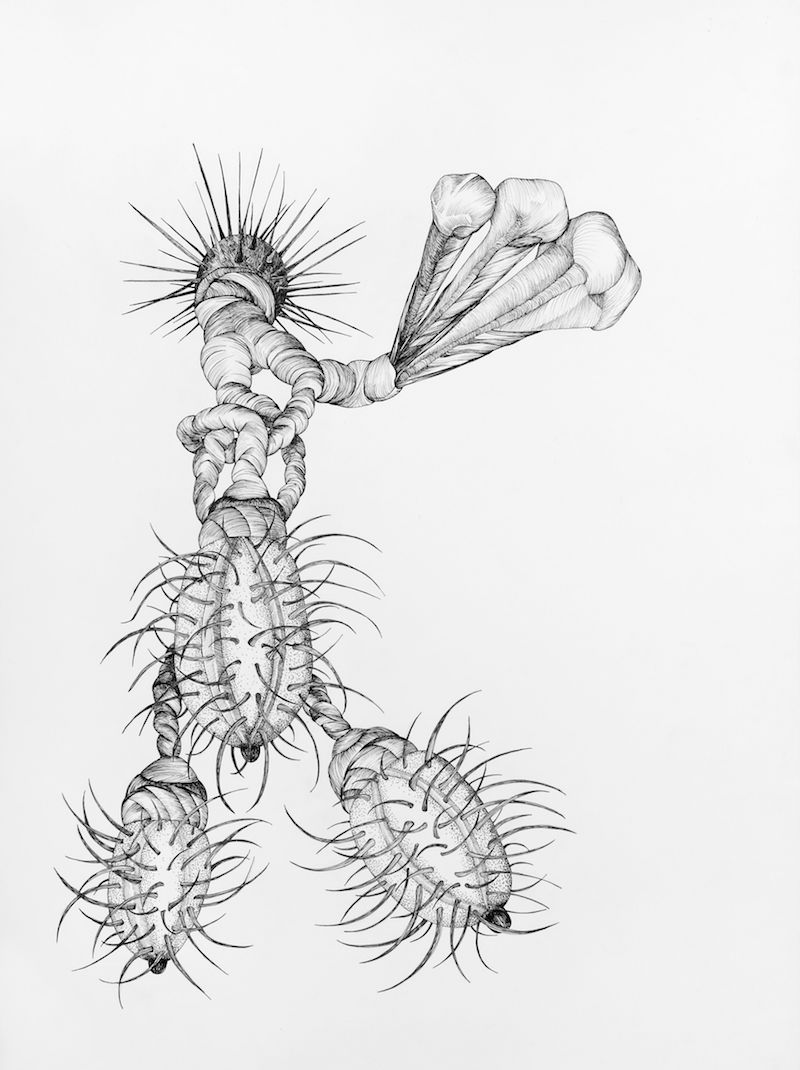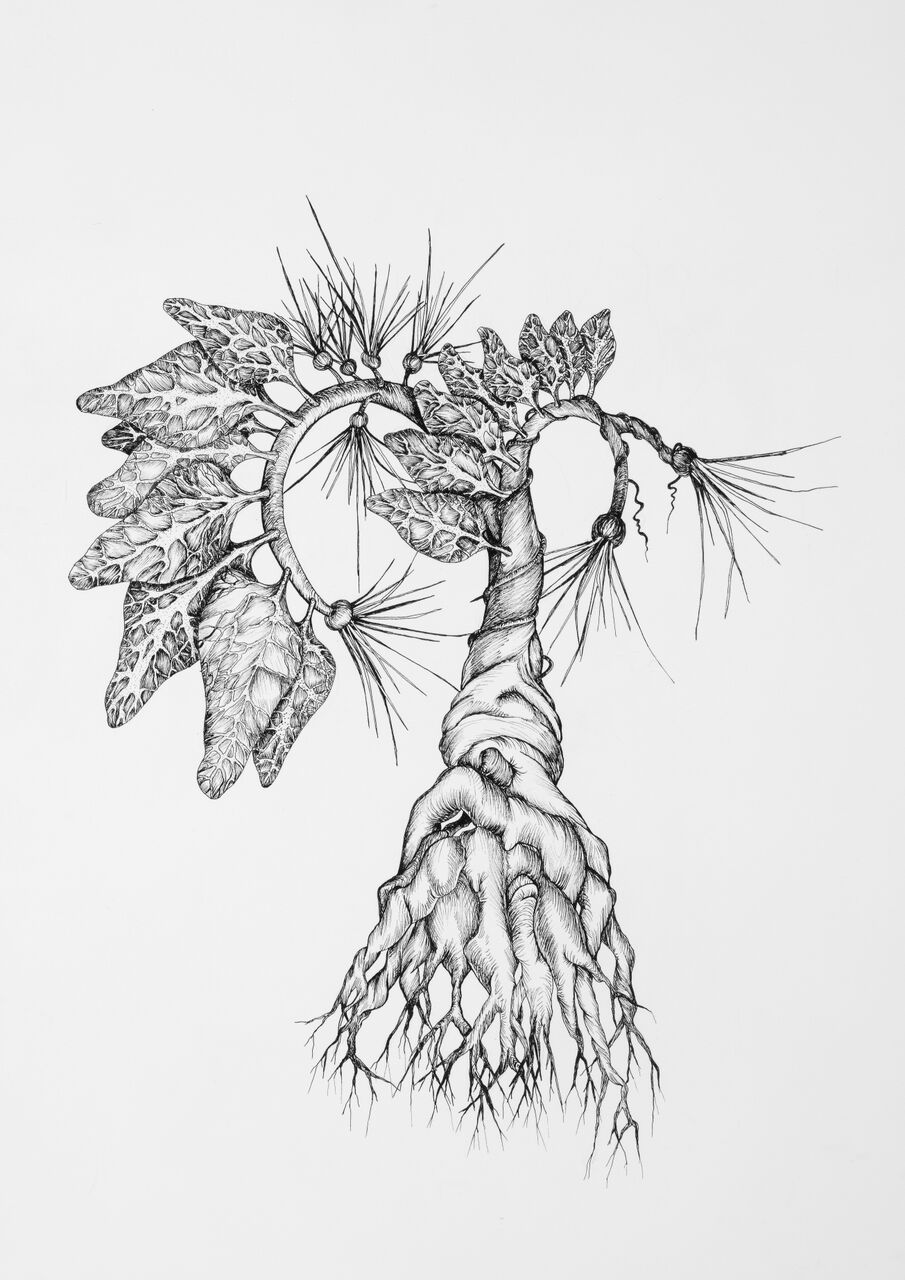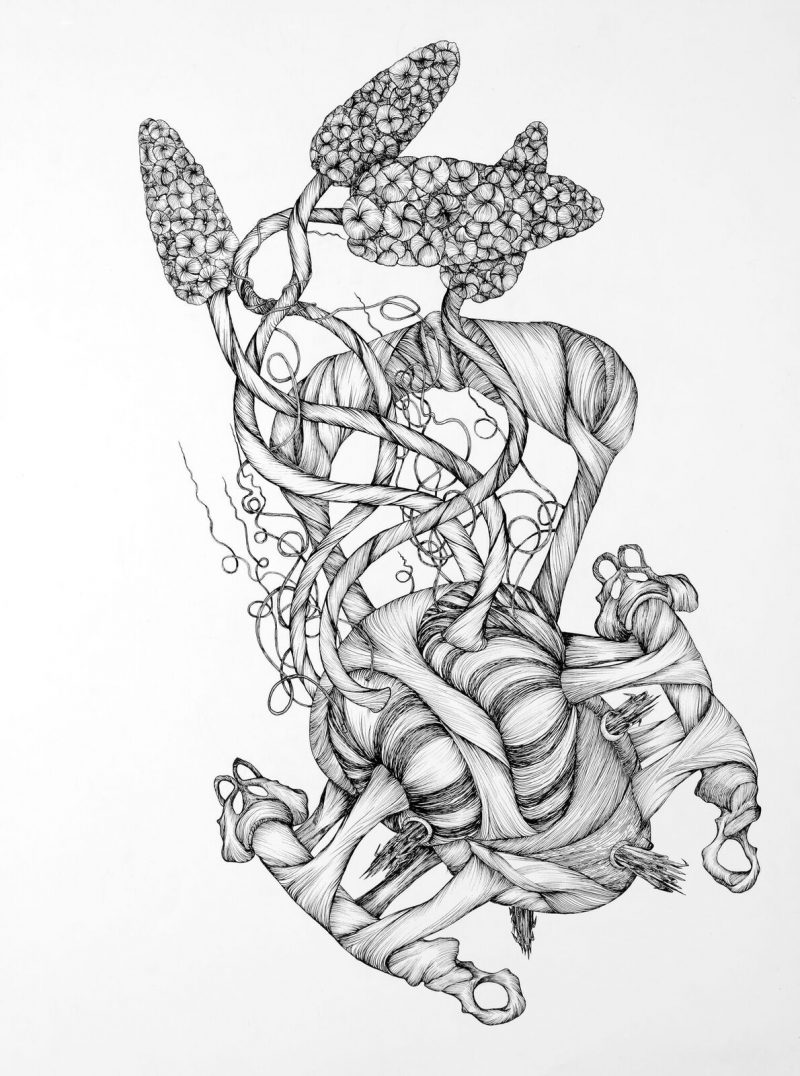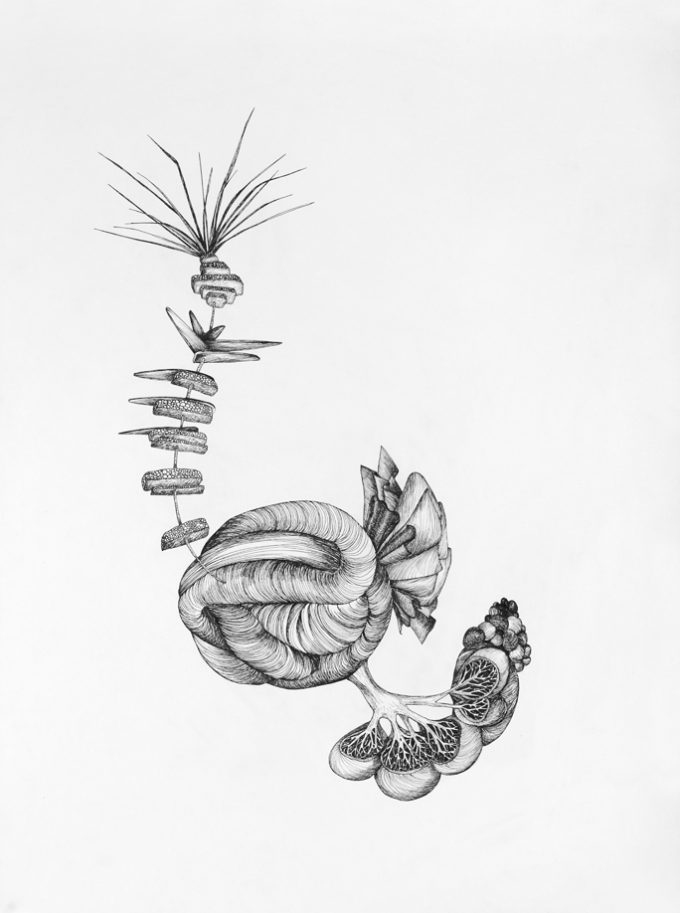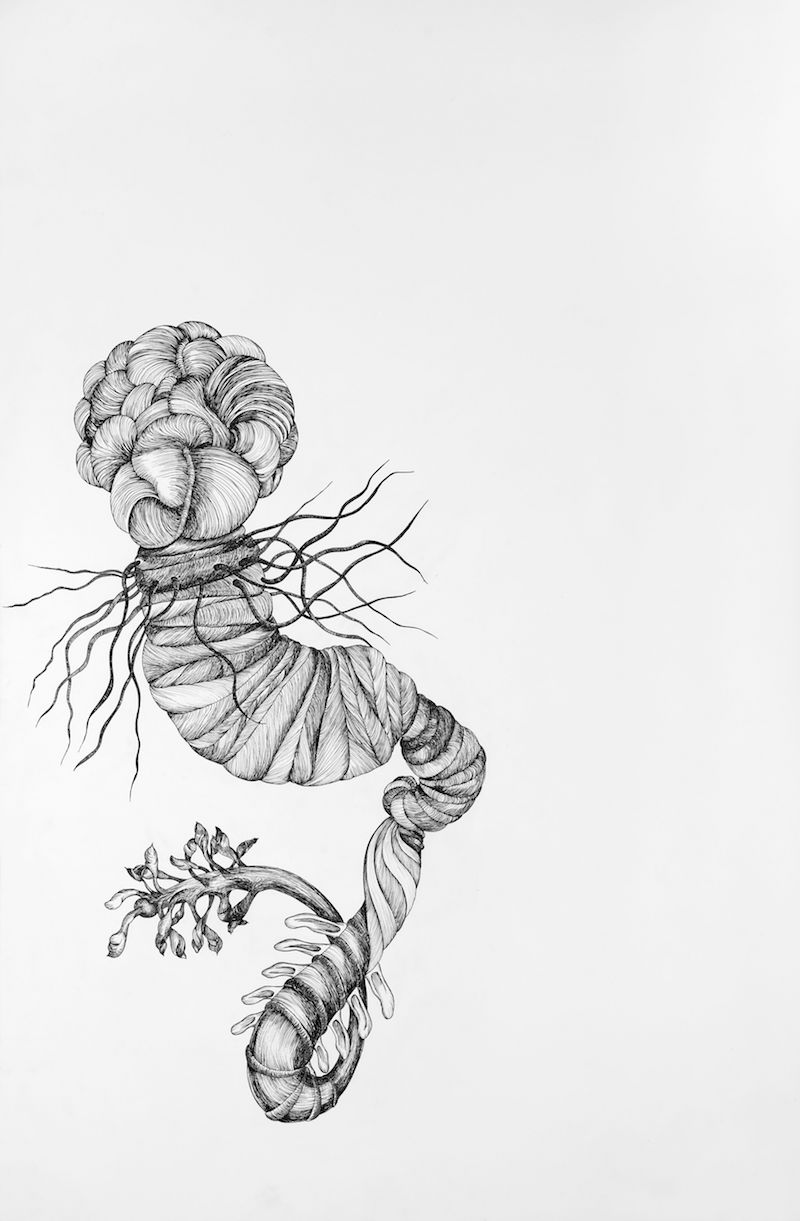[av_hr class=’custom’ height=’50’ shadow=’no-shadow’ position=’center’ custom_border=’av-border-fat’ custom_width=’100%’ custom_border_color=’#8f2866′ custom_margin_top=’30px’ custom_margin_bottom=’30px’ icon_select=’no’ custom_icon_color=” icon=’ue808′ font=’entypo-fontello’ admin_preview_bg=”] When my six-year-old son was painting birds during art class his principal ordered a full lockdown because an armed man was spotted skulking nearby. When I got the news I could feel my heart throb in my neck. If you pushed even a single… Continue reading Necks
Aimee Nezhukumatathil
